More incidents than usual occurred during this session.
No doubt to mark the arrival of our friend Christophe, whose first connection to the course it was.
The faithful were present for the service of which here is the report
Note: an influx of computer variants disrupted the purely intellectual research, which is a shame
Master's words
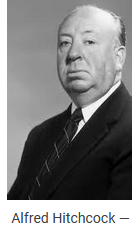
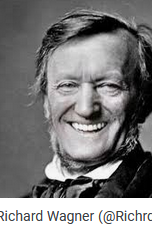
"What do you think of my talent? -- Nothing, you're sitting on it" (line from A. Hitchcock).
"It's not that I put money above everything else, but I have everything else -- health, art, genius, love -- and money alone fails me" (R. Wagner).
"Chess is a game of information. But Black always has one more piece of information than White. So he has the advantage! (M. Suba). Fischer reasoned similarly, when he answered ...c5 to e4 and ...e5 to c4; or ...Ne7 to Nf3 and ...Nf6 to Ne2.
I was asked again the question that so amazes me every time: "Has your title of international master served you well?" One expects at least that I will talk about some financial advantages. Not even that: of course you don't have to pay the entry fees for the tournaments anymore, but I have always played quite little and besides, my two favourite tournaments were Le Touquet and Cannes for which, courtesy of the organisers, the so-called "master of endgames" was already invited long before his title. No, his only use was this: having repeatedly stated that this 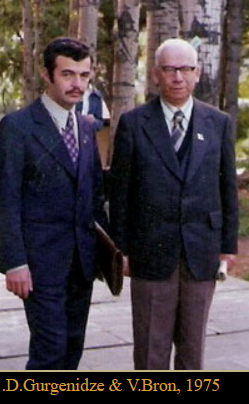 damned IM title was worthless, with so many talented, sometimes great, players not getting it (the most brilliant example being the 1970 French champion Jacques Maklès) and so many players with it showing considerable shortcomings, especially in endgames as you can imagine, I could shout my opinion louder after winning the said title, without being hit with the poor but inevitable argument: "you say that because you are jealous"!
damned IM title was worthless, with so many talented, sometimes great, players not getting it (the most brilliant example being the 1970 French champion Jacques Maklès) and so many players with it showing considerable shortcomings, especially in endgames as you can imagine, I could shout my opinion louder after winning the said title, without being hit with the poor but inevitable argument: "you say that because you are jealous"!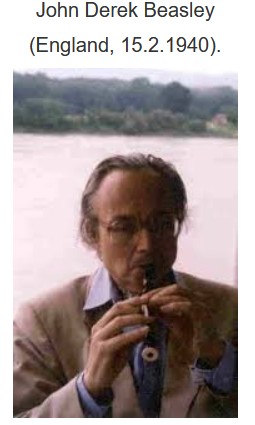
Since then, I have raised the bar: I am now only interested in the "considerable shortcomings" of world-class players, it is more enjoyable! Besides, being a grandmaster is hardly of any use anymore. I'm not sure things have changed much since the anecdote I told 10 years ago on a forum that still had some dynamism. Here it is again.
One day, Grandmaster Ossip Bernstein forgot his umbrella on a Paris bus. He went to the RATP lost property, filled in the form and signed it. The person in front of him is, providentially, a good player and problemist, André Savalle. "Are you Grandmaster Ossip Bernstein? "Yes", replies the person concerned, quite flabbergasted. André then retracts the usual bureaucratic maze and gives him back his umbrella. Ossip concludes: "This is the first time my GM title has served me well".
A high-flying performance to stop an opponent's pawn that will promote itself: 10 knight moves in a row, including 9 forced ones. Then a nice mate net using the opponent's figures as blockers.
A Rook endgame where the White King goes around the park before taking shelter, but this is not a coquetry. Then a defeat of the Chigorinian Knight against the Shepherd's Bishop, but there was a rescue. Even several, echoing (55th, 57th & 64th) or not (59th). And a double (or even triple) Knight on the edge, but neither on a5 nor on h5, as in the Spanish or East Indian game, but on e8 and f8 (and incidentally on c8)!
Exercises for the next lesson: a Rook domination, an animal rampage and, last but not least, a curious pawn ending.
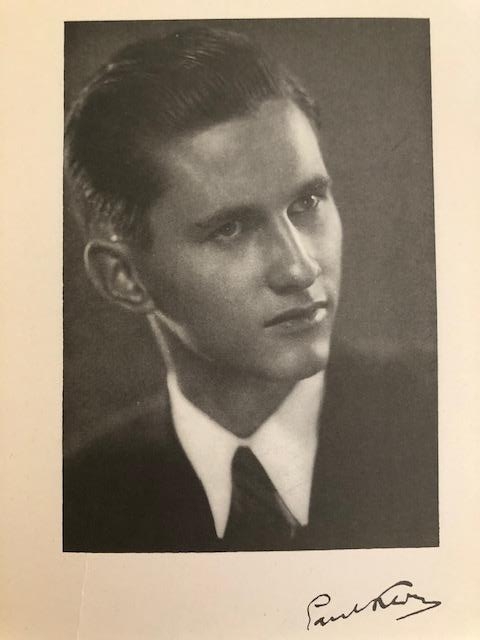
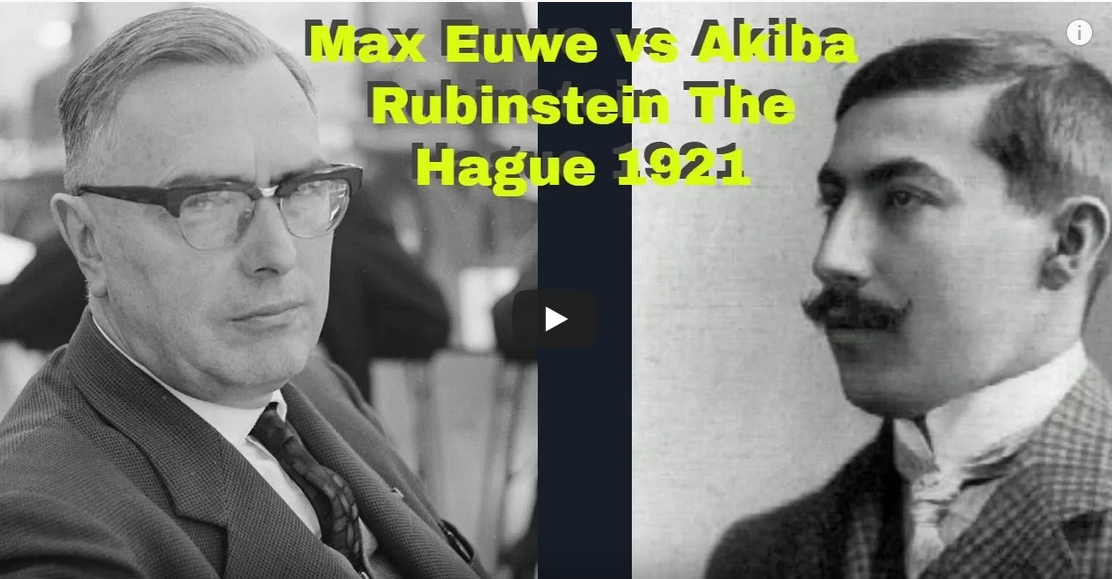
In both games of the day, we started with 1 e4 and... Black won. Innocent joke: far be it from me that the opening of the king-pawn is a losing one, of course! In the first one, a stunning move, in the true sense of the word (explanation on the 35th). And in the other, an unexpected sacrifice when one knows the player who executes it. Where we learn (or rather confirm) that it is better to open a new line, or activate a new trick, than to recover material. Let us finally note a strange echo between these two games: in the first, a g4! turns out to be superior to the prosaic DxPf5, while in the second a ...f4! turns out to be superior to the prosaic ...QxPg3.
After the 2# of the Marjan selection (most of them more spectacular than difficult), a 3# from a super-grandmaster, cute French twins, a strategic 3# (also French), a German 4# with a curious back-and-forth of two Bishops, a beautiful Alsatian 4# corrected by yours truly and finally a curious Czech-Slovak 8-moves. I know that Czechoslovakia no longer exists, I meant that it is a collaboration between a Czech and a Slovak. The three pawns on the 2nd row give an idea but, a word of advice, don't play a pawn on the first move!
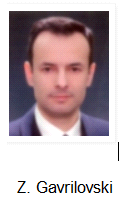
In the first helpmate 2#, is it necessary to look for a solution with castle short? Its composer is not unknown to you, we paid him a tribute ten years ago: http://lecoursdumaitre.e-monsite.com/en/pages/cours/cat-2008/may-13-2008.html . He was a columnist for a beautiful French magazine at the time when it celebrated artistic chess and was appreciated all over the world. Then two nice 3# helpmates from our friend André. They are twins illustrating the same theme. Finally two long Croatian selfmates, honoured in the (also beautiful) Phénix magazine, for which we omitted to remove the solution. Please look for them for a few minutes.
Have a good time. See you in early May if Deus vult.
Comments
1 Alain On Friday, april 20, 2018